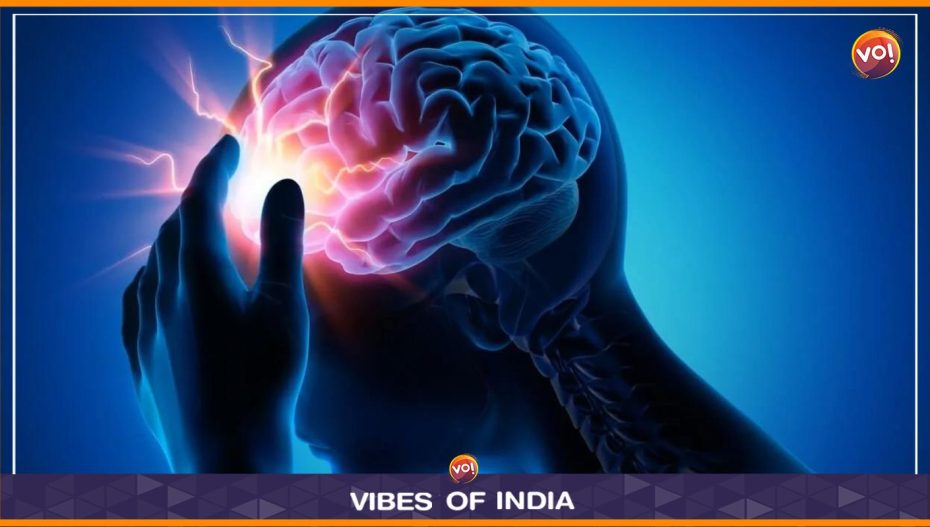Every year October 29 is observed as World Stroke Day, a day dedicated to raising awareness about stroke. In simplistic terms, a stroke is a sudden interruption in the flow of blood to the brain.
A stroke causes damage to brain cells. Although strokes can strike suddenly and have severe consequences, luckily they are largely preventable. Understanding the types of stroke and the associated risk factors and thereby adopting lifestyle changes can go a long way in preventing stroke risk.
Strokes can be primarily classified into two types: ischemic and hemorrhagic.
Ischemic Stroke: This is typically caused by a blood clot. The blockage deprives brain cells of oxygen and nutrients, leading to their damage or death. Ischemic strokes are the most common, accounting for around 87% of all strokes.
Hemorrhagic Stroke: This type of stroke is less common but often more severe, as the bleeding can exert pressure on the brain and disrupt its normal functions. Understanding the nuances of these stroke types and the associated risk factors can significantly mitigate the risk.
A vital step towards preventing a stroke is clearly understanding its associated risk factors.
High Blood Pressure (Hypertension): Hypertension or high blood pressure poses a significant risk as it damages arteries, making them susceptible to blockages or ruptures. This, in turn, elevates the risk of a stroke.
Diabetes: Elevated blood sugar levels, a hallmark of diabetes, can cause damage to blood vessels throughout the body, including those in the brain, leading to an increased risk of stroke.
High Cholesterol: High cholesterol levels contribute to the accumulation of plaques in arteries, a condition known as atherosclerosis, which can subsequently trigger a stroke.
Obesity: Excess weight, particularly around the abdominal area, is linked to high blood pressure, high cholesterol, and diabetes, all stroke risk factors.
Alcohol Consumption and Smoking: Excessive alcohol intake can cause hypertension, while smoking harms the lungs and elevates stroke risk. Moderation in alcohol consumption and quitting smoking are advisable.
Also Read: FICCI Celebrates Healthcare Sector Achievements at 15th Healthcare Excellence Awards













